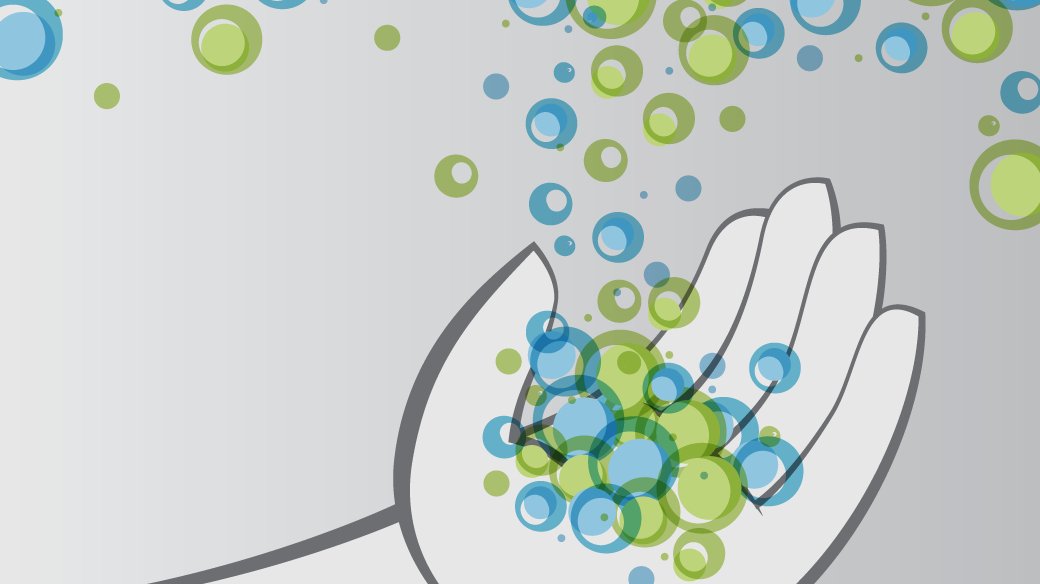
What’s up in psychology? Well, we have a replication crisis, telling us that a large number of psychological research findings, many of which are cornerstones of psychology, are not replicable or even reliable. Different collaborative attempts to replicate social- and cognitive psychology findings published in the most cited journals in psychology showed replication rates of 36-62 percent, depending on the selected studies (Camerer et al., 2018; Open Science Collaboration, 2015).
Reasons are not only that many findings are innocent, false positives, but also that many of these non-replicable findings are the result of questionable research practices (QRPs). Some QRPs are widely accepted bad practices, such as stopping data collection when the data confirm the hypotheses, or vice versa, continuing to collect data when the data do not. Others are clearly fraudulent behaviours, such as fabricating data. As a result, every week new retractions as well as new evidence for QRPs and fraudulent behaviour are being reported (see RetractionWatch.com).
The easy way out would be to simply avoid using QRPs or committing fraud. Problematically, we know how difficult changing attitudes, long-used practices and norms can be. Maybe it is therefore our generation’s responsibility to clean up the mess? The best way of doing that is to define and then engage in good scientific practices. A movement which has attacked the problems of the replication crisis is the open science movement (Crüwell et al., 2019).
What is the open science movement?
Open science refers to making as much about the research process accessible and transparent as possible. That refers not only to open access to published scientific articles, but also the process of producing them. That includes methods, such as inventories and procedures, and different decisions taken during the research process, which help readers understand what has been done, why and how (Crüwell et al., 2019).
It is important to emphasise at this point that transparency helps others to better understand research and to advance the entire research endeavour faster and with higher precision. So, open science is about making science better, giving advice for best practices and hence to advance scientific knowledge production.
What can I do?
Open science practices have not yet become a norm and are mainly based on free labour / “dugnad for science”. However, they can be rewarding on many levels, for example, through contributing to making science better, learning opportunities, publications, community building, and maybe even a job offer. As a student, there are therefore many good reasons for why you should start caring about contributing to open science.
Two easily adapted good practices are preregistration as well as sharing your data and materials. Preregistering means you tell others what your hypotheses and planned analyses are, for example on AsPredicted.org, before starting your research. Your bachelor’s thesis, term papers (emneoppgave) or master’s thesis count as research which can be preregistered, and you should actively try to do so. On the Open Science Framework (OSF.io) you find a repository where you can share your research process, giving others the chance to better understand what you have done how and why.
If you want to get involved directly, there are many international so called “many-labs” or multisite projects, featuring many different research groups all over the world. The Psychological Science Accelerator, Many Labs 1-5, or ManyBabies are just a few examples of international collaborations of scientists who would all be happy about your help. That can happen, for example, by translating material, collecting data, or discussing different aspects of the study. These activities require different skills, but you don’t need a PhD to get involved!
If you want to stay more local, you could set up a journal club and discuss current papers, topics and findings relating to reproducibility, open science, research quality and practices. This is the suggested route of the international journal club initiative ReproducibiliTea. So, get together and discuss what’s going on in psychology at the moment. You will definitely learn something new and contribute to a culture we all want.
